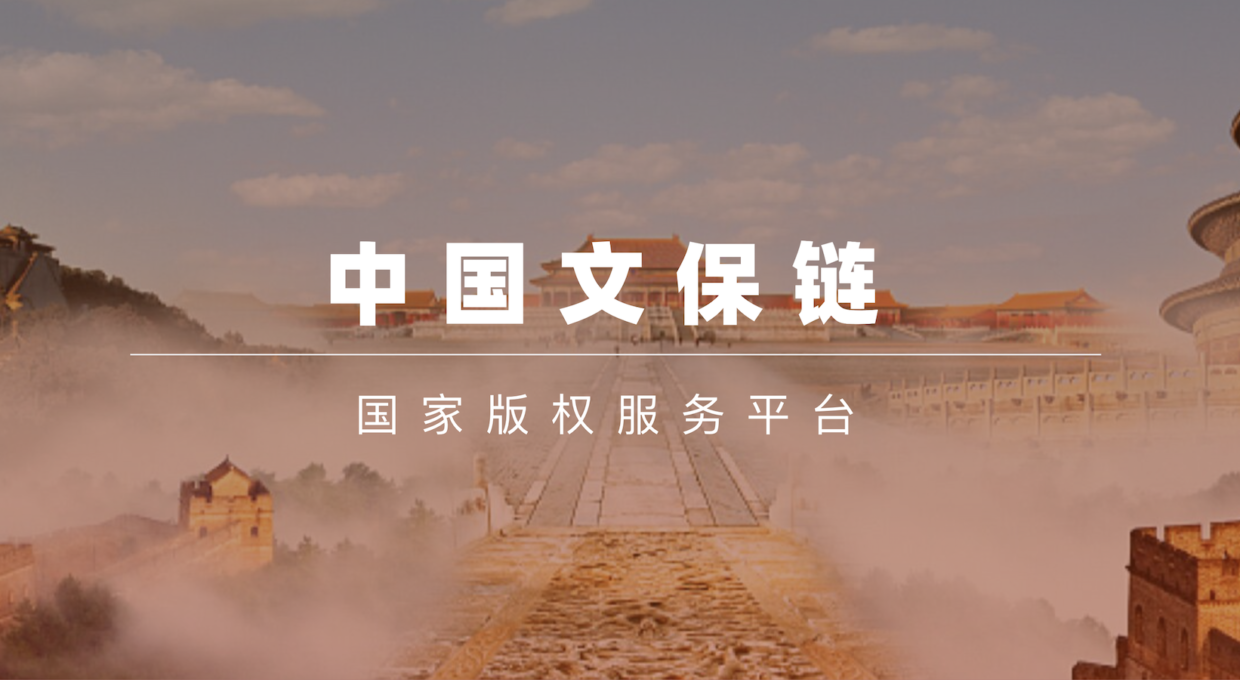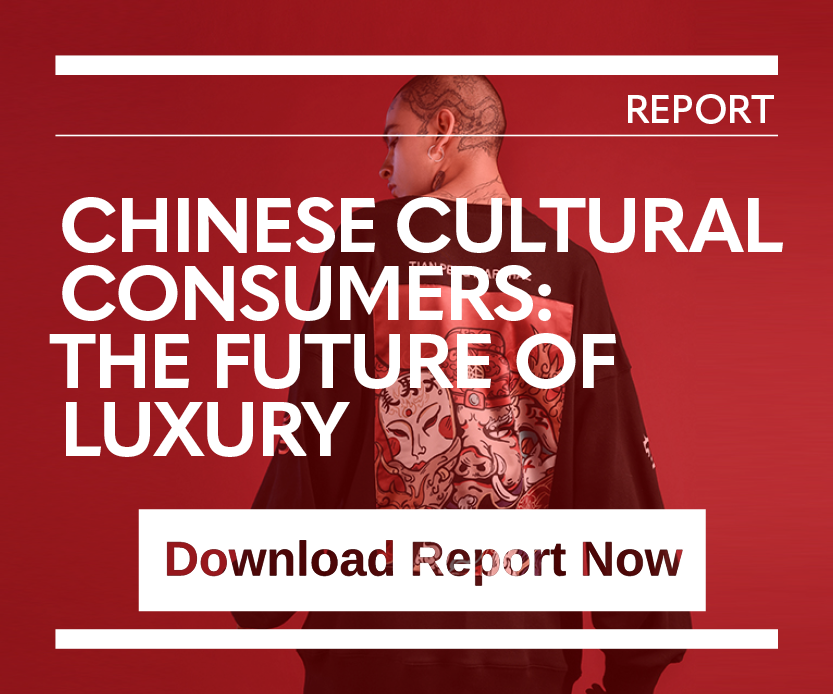On January 1 the China Digital Asset Trading Platform, China’s first state-approved digital asset marketplace that supports “secondary trading activities” — i.e., resale — officially launched at a ceremony in Beijing. The types of assets that can be transacted on the platform include intellectual property, digital copyrights, and most notably, digital collectibles, which are China’s version of NFTs.
The platform was co-founded by Huaban Digital Copyrights — a copyright service company that specializes in digital artwork — along with two state-affiliated institutions, the China Technology Exchange and Art Exhibitions China. The Technology Exchange was jointly established by China’s Ministry of Science and Technology, the China National Intellectual Property Administration, the Chinese Academy of Sciences, and the Beijing government. Meanwhile, Art Exhibitions China is a sub-organization of China’s National Cultural Heritage Administration.
The platform runs on the China Cultural Protection Chain, a blockchain developed by Art Exhibitions China that aims to protect and promote China’s museums and antiquities sector.
The fact that multiple state-affiliated agencies participated in creating the platform led some observers to question whether China is inching closer to formally approving the resale of digital collectibles. This speculation might be premature since the platform does not feature cryptocurrencies and will instead most likely only support the officially sanctioned digital RMB. In addition, there is no indication that the platform will be connected to global blockchains that support NFT transactions.
However, the entry of China’s “national team” in digital asset resale does provide some much-needed clarification on the legal status of digital collectibles. A lawyer stated to Chinese media that the platform signals that China “supports and encourages innovation in digital assets” while also “constructing a more orderly and regulated environment for digital asset resale.”
As the name of its chain suggests, the platform will emphasize promoting China’s cultural heritage. It will have three major committees: regulatory, digital asset innovation, and metaverse application. The latter two committees pledge to muster the “market power” of China’s culture and tourism sectors and to support the metaverse initiatives announced by local governments.
Therefore, the platform can be expected to play a major role in the digitization of China’s cultural resources, which the central government has consistently emphasized in its metaverse initiatives. It will also increase the feasibility of local government efforts to financially develop their digital resources. The Wenchuang, or cultural creation, sector now has a reliable platform to conveniently purchase digital IPs for further commercial development.




